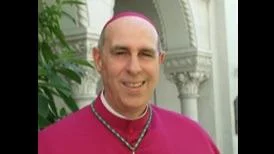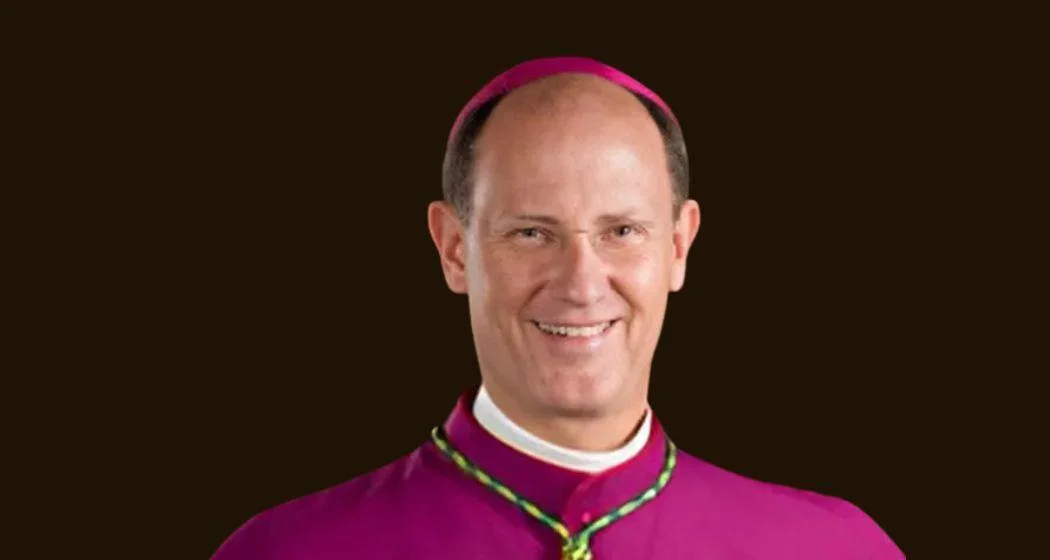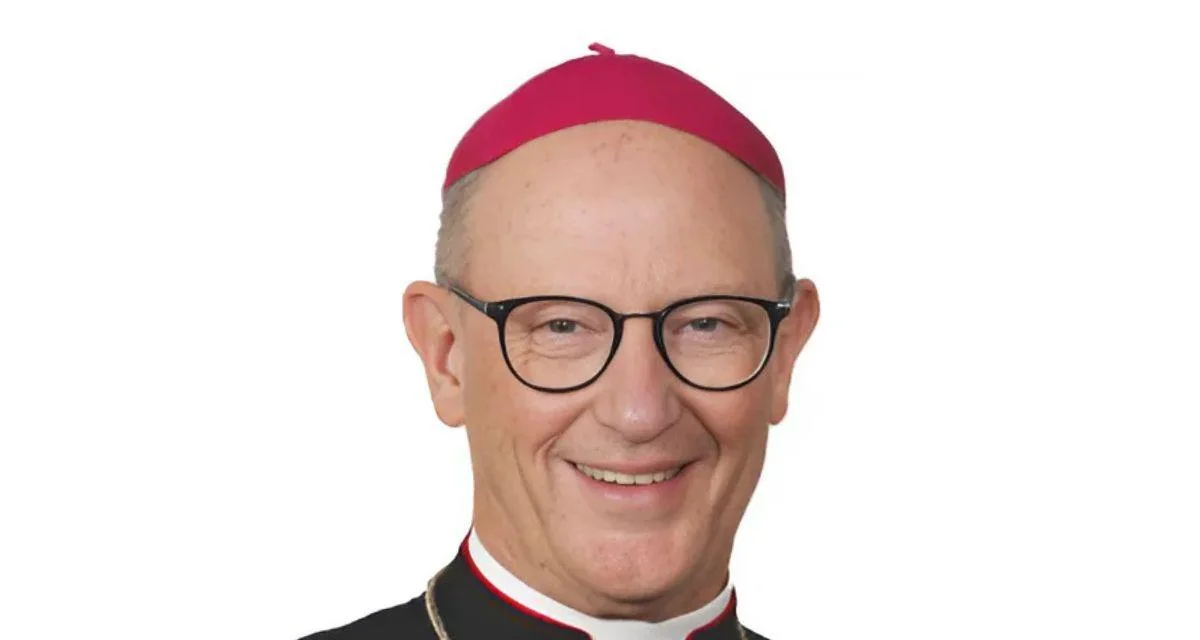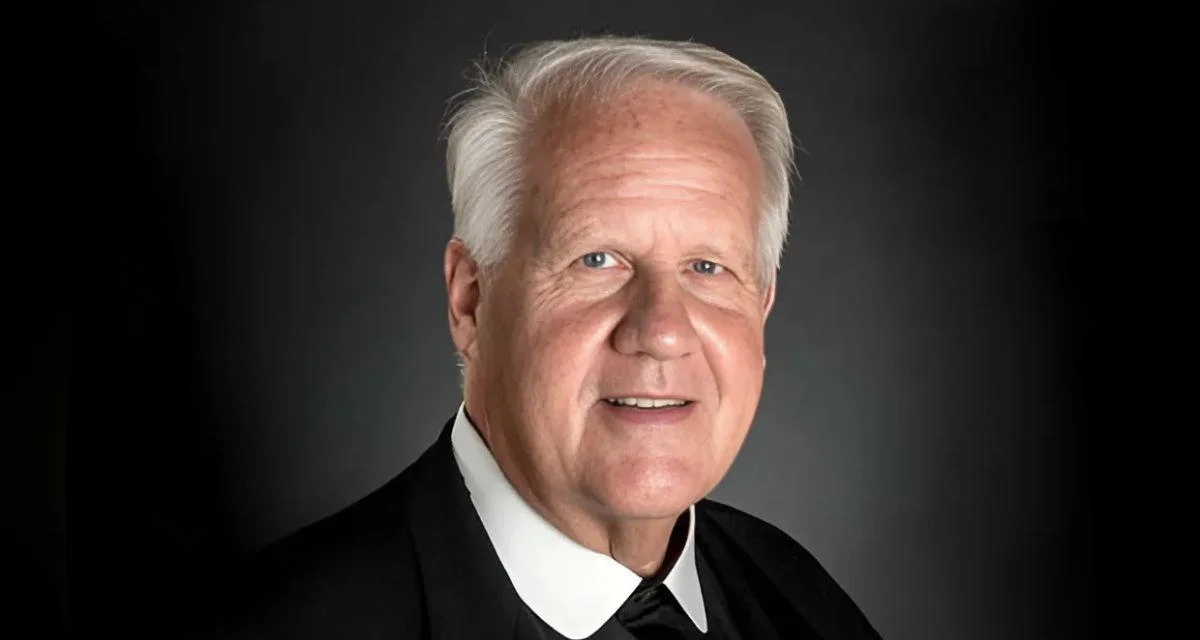
Reverend Larry Silva, Bishop | Diocese of Honolulu
The Bishop delivered a homily on the First Sunday in Advent, addressing the historical and spiritual significance of Christmas. He began by questioning why December 25 is celebrated as the birth of Jesus, noting that "nowhere in Scripture are we told the actual date – or even the season – of the birth of Jesus." The Bishop explained that early Christians adopted this date from a pagan festival called "Sol Invictus," which celebrated the "unconquered sun" after winter solstice. This was interpreted as a symbol of Christ, whose light dimmed during crucifixion but rose again.
The Bishop expressed concern that Christmas has shifted from its Christian roots to become more secular, stating, "What was a Christian feast of such great beauty and importance has been 'stolen,' if you will, to become a pagan feast." He pointed out how contemporary celebrations focus on figures like Santa Claus and activities such as shopping rather than religious observance.
Reflecting on this cultural shift, he acknowledged that Christians share some responsibility for it: "We have often lived our faith as if it were only a series of rituals in which we engage, or moral principles we must follow." The Bishop emphasized that faith should be centered around Jesus as both an individual and communal savior.
During his homily, he linked this message to the ongoing national Eucharistic Revival. He highlighted its purpose: "to renew our understanding that the Eucharist is not just a series of rituals but a true and living encounter with the risen Lord Jesus."
As Advent progresses, he encouraged believers to reconnect with Jesus personally through practices like celebrating the Eucharist. He stated that Jesus is aware of life's challenges and desires people to recognize him as "the Unconquered Son of God."
He concluded by urging followers to share their faith actively: "It is our mission as followers of Jesus to share his Good News with all we meet." According to him, sharing this message involves demonstrating kindness and love while explicitly speaking about Jesus.
In closing, he envisioned a future where Christians could reclaim Christmas's original meaning: "When we have all been faithful to this call...we who are disciples of Jesus will be able to retake this feast."



 Alerts Sign-up
Alerts Sign-up